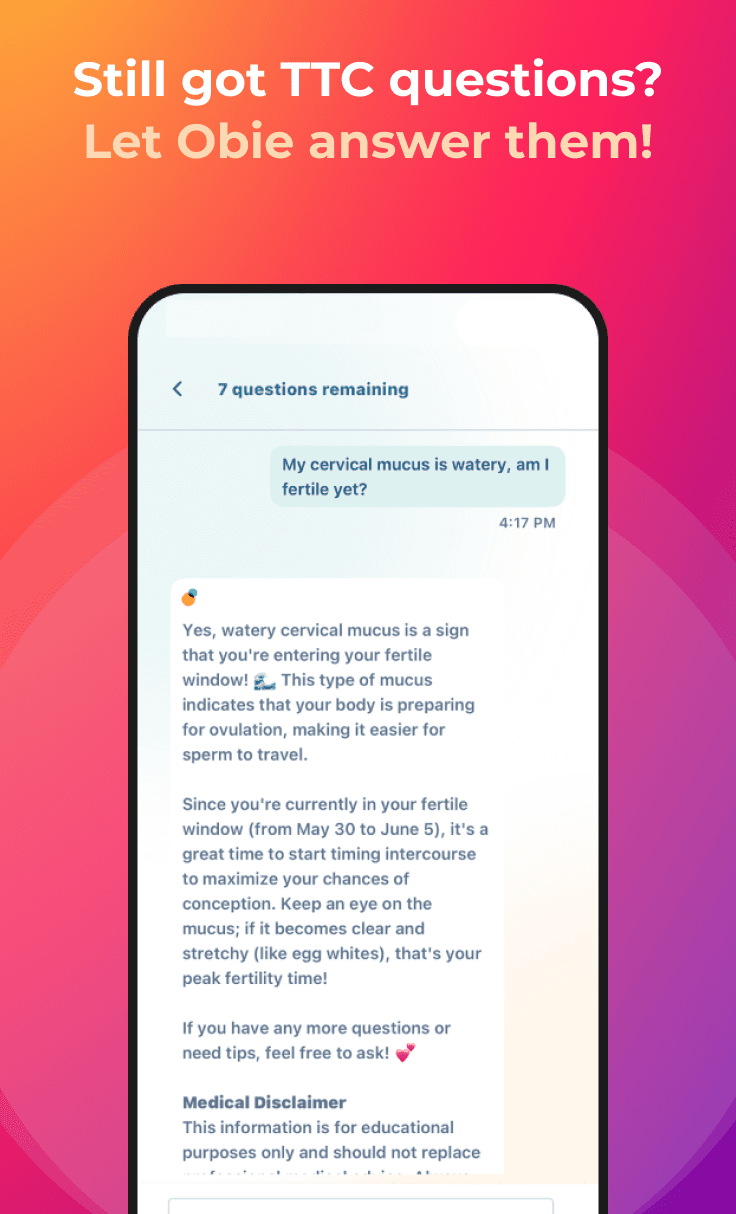Options when Your Sperm Count is Low
Men's Health
Obie Editorial Team
 A low sperm count is one of the most common causes of male infertility. Like many other fertility problems, there often are no other symptoms other than having trouble trying to conceive. A low sperm count doesn’t mean you can never become a father, but it does mean that you may need some help along the way.
A low sperm count is one of the most common causes of male infertility. Like many other fertility problems, there often are no other symptoms other than having trouble trying to conceive. A low sperm count doesn’t mean you can never become a father, but it does mean that you may need some help along the way.There are several possible causes of a low sperm count, making the problem even more difficult to treat. It could be a blockage in the reproductive system that isn’t allowing sperm (or many sperm) into your ejaculate, a hormonal imbalance and/or environmental factors playing a role.
If you’ve been diagnosed with a low sperm count, you do have some options. Here are some of the things that can help out when your sperm count is low:
Surgical Treatment to Correct the Cause
There are some health issues that can prevent sperm from making it into your ejaculate. You might have a varicocele, which is swelling of the particular vein through which sperm flows from your testicles. That can be fixed with surgery. Your vas deferens might be damaged, and that also can often be repaired.
Addressing an Infection
Sometimes, infections are to blame for a low sperm count. Depending on the damage that the infection has caused to your reproductive tract, however, treating the infection may or may not help with your sperm count.
Hormone Therapy
There are a variety of medications and hormone shots that can be used to help balance out your hormone levels and increase your sperm production. This can take several months of therapy before you see any measurable results.
Fertility Intervention
Men with a low sperm count are sometimes candidates for an in vitro fertilization procedure or an Intracytoplasmic sperm injection procedure. In IVF, your sperm is used to fertilize an egg which is then implanted into your partner. With ICSI, the sperm is injected directly into your partner. In either case, the fertility specialist will extract the sperm from your ejaculate. In some cases, the fertility specialist may have to extract the sperm surgically.
Avoid Lubricants
Certain lubricants can keep sperm from moving, which is critical when you’ve only got so many sperm to work with. It won’t solve your low sperm count, but it will increase the odds that one of those sperm will make it to its destination.
Time Your Baby Dance
If your partner is tracking her ovulatory cycle and you have sex daily for three or four days leading up to ovulation, you’ll increase the chances that a sperm makes it to the egg. More than three or four days can further decrease your sperm count (temporarily) so be sure you get the timing just right.
If you’ve been diagnosed with a low sperm count, talk to your doctor. They can help identify the possible causes and, in many cases, provide workable solutions to help you and your partner get pregnant.
Sources:
http://www.mayoclinic.com/health/low-sperm-count/DS01049/DSECTION=treatments-and-drugs








